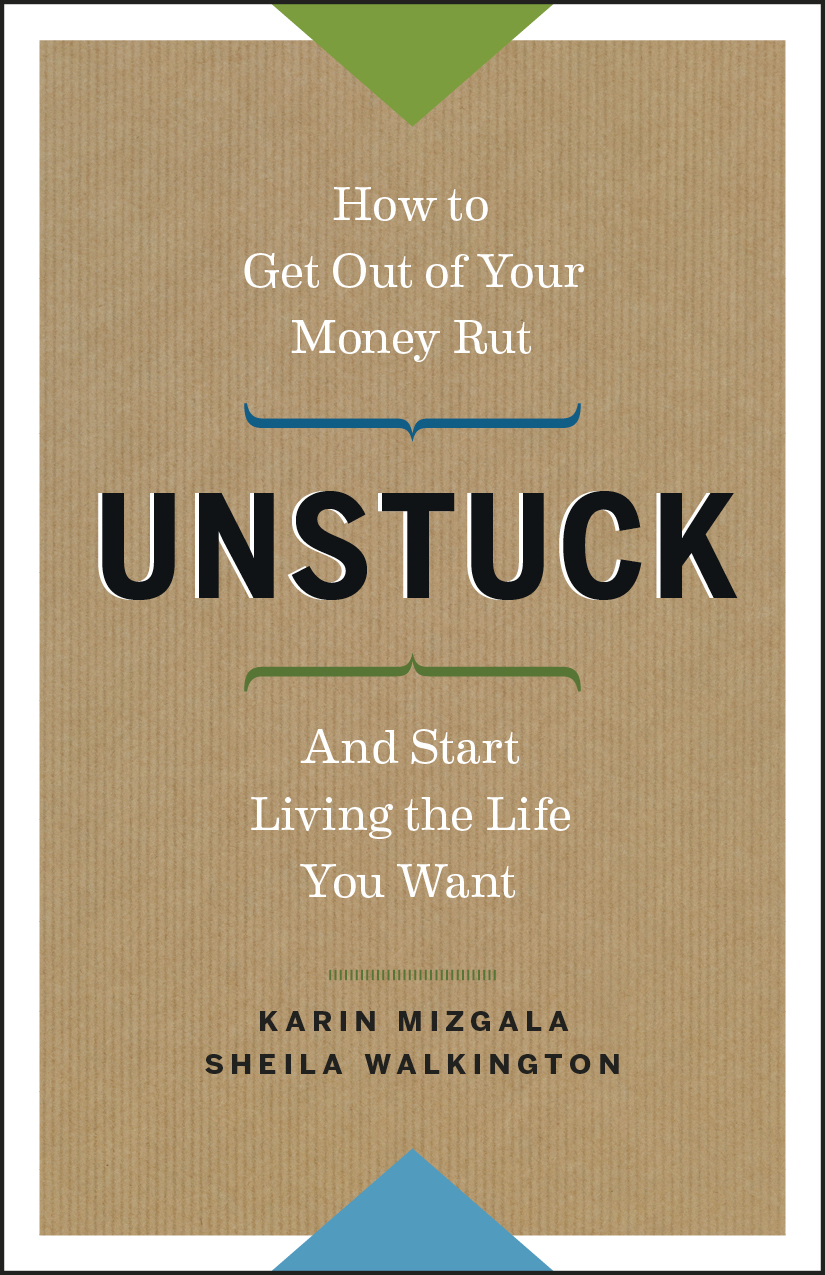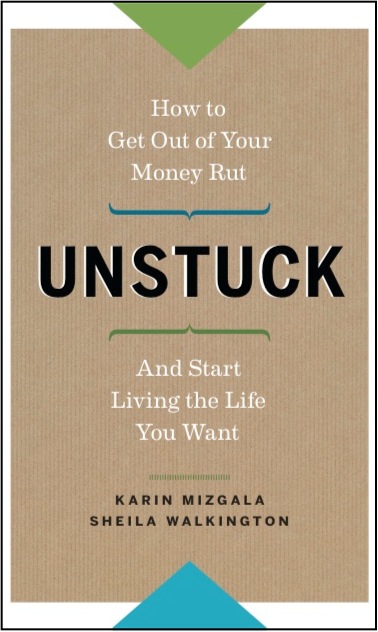When we started helping our clients organize and manage their money, money coaching was virtually unknown in Canada.
We pioneered the concept here and now we are delighted to announce the launch of a country-wide network, Money Coaches Canada co-founded by Karin Mizgala and Sheila Walkington, to help more Canadians manage their financial affairs.
Money is a sensitive topic for many Canadians, often fraught with emotional issues that make it difficult for individuals to achieve sound financial management of their resources. Some of the common problems we see are maxed out credit cards and overdrafts, high debt loads and relationships strained by these financial pressures. Often this stress can be reduced by good money management and that’s where money coaches can help, showing clients how to create and stick with a system for managing their money, not dwelling on guilt and blame but helping people to meet workable goals. Coaches can meet with clients in person, or they can connect online via email or through teleconferences. You can choose your own coach or let us recommend one for you.
So meet our new Money Coaches Canada team.
 SHEILA WALKINGTON, BBA, CFP
SHEILA WALKINGTON, BBA, CFP
Sheila is a money coach and the chief financial officer of Money Coaches Canada. She also co-founded the Women’s Financial Learning Centre. Based in Vancouver, Sheila’s coaching practice specializes in helping women and couples who are struggling with debt and cash flow issues. When Sheila was interviewed in 2004 by CBC, she was named as one of the first money coaches in Canada. She uses a common-sense approach with the belief that nothing is impossible in helping people reach their goals. More about Sheila
 KARIN MIZGALA, BA Psyc, MBA, CFP
KARIN MIZGALA, BA Psyc, MBA, CFP
Karin is the chief executive officer of Money Coaches Canada and a money coach, based on Salt Spring Island, one of British Columbia’s scenic Gulf Islands. Co-founder with Sheila of the Women’s Financial Learning Centre, in her coaching Karin specializes in working with women and couples in transition stages of their lives – retirement and divorce. After earning her MBA and building a career on Toronto’s Bay St., Karin found herself struggling with corporate cultures that valued efficiency and growth above all else. That realization led to a career change and to her work today in which she uses a holistic approach that blends financial planning and counseling skills to help people live more comfortable, balanced and meaningful lives. More about Karin
 KAREN COLLACUTT, BRLS, CFP
KAREN COLLACUTT, BRLS, CFP
Karen, a money coach who specializes in families and entrepreneurs struggling with debt and cash flow issues, is based in Barrie, Ontario. Karen spent 15 years in the business world and seven of those in a traditional financial planning practice. During this time she achieved Top Advisor in Canada, qualified for the Million Dollar Round Table and was a member of the Top 7 team for Freedom 55 Financial. But finding that clients needed the most help with day-to-day financial concerns led Karen to change her focus to answer those needs, turning to money coaching as the solution her clients were seeking.
 KATHERINE DAVIDSON
KATHERINE DAVIDSON
Katherine lives in Kingston, Ontario where she is a money coach, focusing on cash low, debt management and life transitions such as divorce and retirement. Katherine has worked in the financial field for 10 years, starting as an administrator and moving on to become a financial advisor. Her background as an educational therapist along with her financial planning experience are now combined in her role as a money coach, to help clients achieve their financial goals. Katherine is currently working toward her Certified Financial Planner (CFP) and Certified Divorce Financial Analyst designations.
 RENÉE VERRET, BCom
RENÉE VERRET, BCom
A Toronto-based money coach specializing in retirement and women in transition, Renée grew up the daughter of a single working mom, learning early the importance of being in control of one’s financial life. She learned too that being in control brings with it pride and freedom and that is something she imparts to her clients in her money coaching. After 17 successful years in advertising, sales and management, Renée switched gears, heading back to school where she successfully completed her Certified Financial Planning (CFP) exam. Today Renée helps her clients achieve financial fitness; coaching them to take control of their money and helping them realize the freedom and well-being that comes with that.
Whether you are simply curious to learn more about money coaching or already eager to get started, contact us to set up a complimentary Initial Consultation. We’d love to hear from you!


 R’S GIFT
R’S GIFT SHEILA WALKINGTON, BBA, CFP
SHEILA WALKINGTON, BBA, CFP KARIN MIZGALA, BA Psyc, MBA, CFP
KARIN MIZGALA, BA Psyc, MBA, CFP  KAREN COLLACUTT, BRLS, CFP
KAREN COLLACUTT, BRLS, CFP KATHERINE DAVIDSON
KATHERINE DAVIDSON RENÉE VERRET, BCom
RENÉE VERRET, BCom